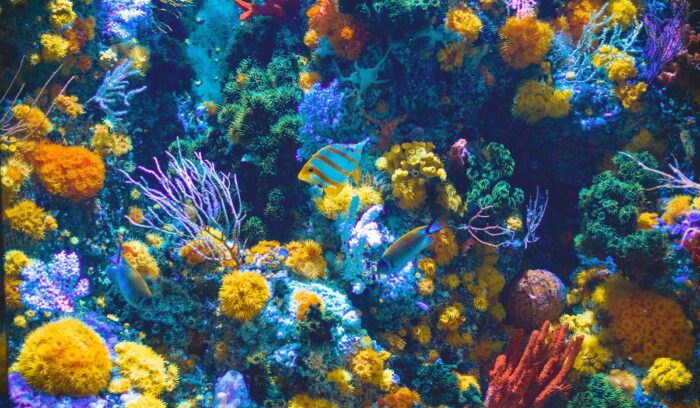Germany to raise minimum wage from €12.82 to €14.60 by 2027
The wage increase will take place in two stages. First, it will be increased from €12.82 per hour to €13.90 at the beginning of 2026. It will then increase again by €0.70 a year later. This means German workers would typically earn close to €2,500, making it the second-highest minimum wage in the European Union after Luxembourg, which mandates a monthly minimum of €2,638.









